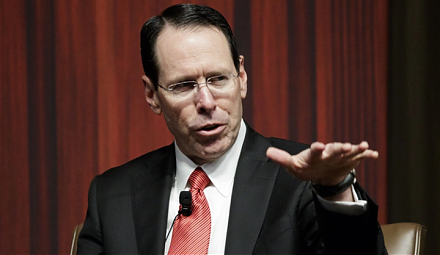

2018-11-05 10:40:00 Mon ET
federal reserve monetary policy treasury dollar employment inflation interest rate exchange rate macrofinance recession systemic risk economic growth central bank fomc greenback forward guidance euro capital global financial cycle credit cycle yield curve
Former Fed Chair Janet Yellen worries about U.S. government debt accumulation, expects new interest rate increases, and warns of the next economic recession. Yellen points out that the current fiscal debt-and-deficit trajectory is unsustainable in the long run. The famous Sargent-Wallace unpleasant monetarist arithmetic rule suggests that if the government continues to accumulate fiscal deficits, incessant government debt issuance would induce higher inflation in the form of seigniorage taxes. Yellen also suggests that the U.S. Treasury might want to consider raising taxes with lower retirement expenditures. She observes the probable outcome that the current debt-deficit dilemma may exacerbate as more baby-boomers retire with greater retirement and health care needs.
With respect to monetary policy decisions, Yellen advocates gradual interest rate increases for better inflation containment in light of strong wage growth and labor market momentum. The current key interest rate hike helps ensure the sound-and-stable scenario that the U.S. economy cannot overheat due to cyclical tides. As of November 2018, the Federal Reserve has raised the interest rate 3 times year-to-date, and stock analysts and economists expect the FOMC to approve another key interest rate increase in December 2018. Yellen expects the next U.S. economic recession to be far off until late-2020. The next recession should be mild (but not deep and terrible).
If any of our AYA Analytica financial health memos (FHM), blog posts, ebooks, newsletters, and notifications etc, or any other form of online content curation, involves potential copyright concerns, please feel free to contact us at service@ayafintech.network so that we can remove relevant content in response to any such request within a reasonable time frame.
2019-01-01 03:34:48 Tuesday ET

American allies assist AT&T and Verizon in implementing 5G telecommunication technology in the U.S. as such allies ban the use of HuaWei 5G telecom equi
2019-05-01 09:27:00 Wednesday ET

Apple settles its 2-year intellectual property lawsuit with Qualcomm by agreeing to a multi-year patent license with royalty payments to the microchip maker
2019-10-15 09:13:00 Tuesday ET

U.K. prime minister Boris Johnson encounters defeat during his new premiership. The first major vote would pave the path of least resistance to passing a no
2022-03-15 10:32:00 Tuesday ET

Capital structure theory and practice The genesis of modern capital structure theory traces back to the seminal work of Modigliani and Miller (1958
2020-07-05 11:31:00 Sunday ET

Business entrepreneurs dare to dream, remain true and authentic to themselves, and try to make a great social impact in the world. Alex Malley (2014)
2019-11-06 12:29:00 Wednesday ET

Our fintech finbuzz analytic report shines fresh light on the fundamental prospects of U.S. tech titans Facebook, Apple, Microsoft, Google, and Amazon (F.A.